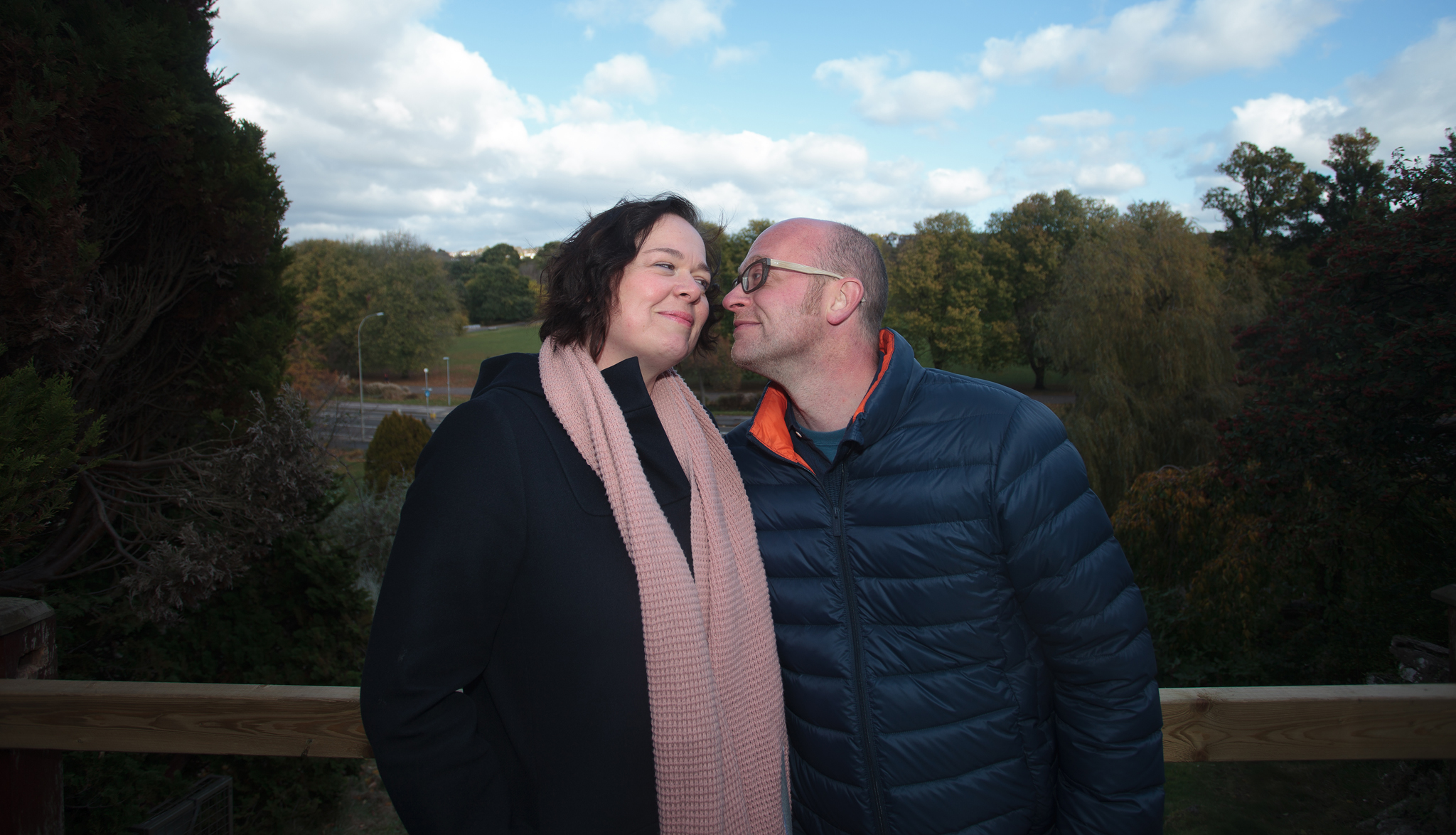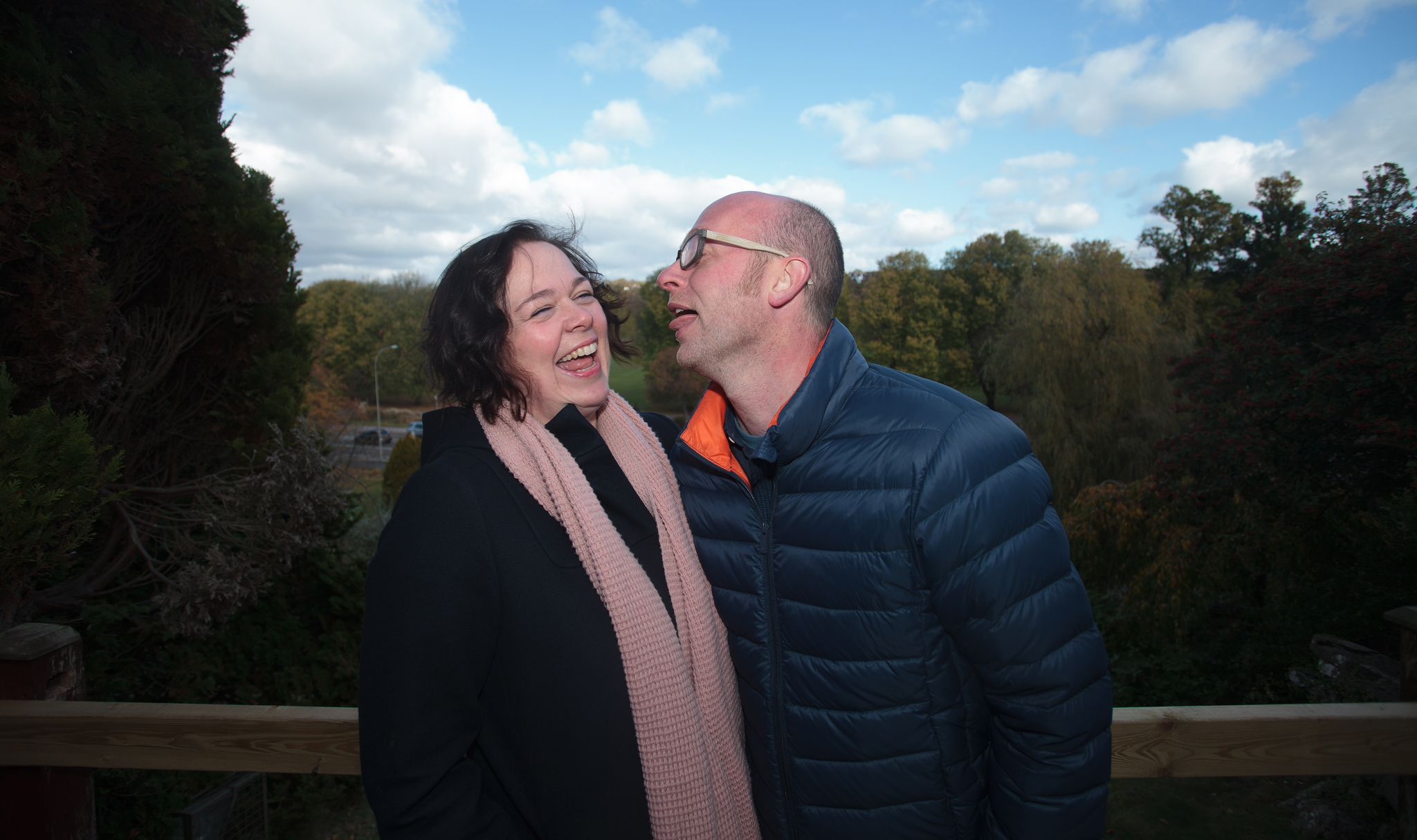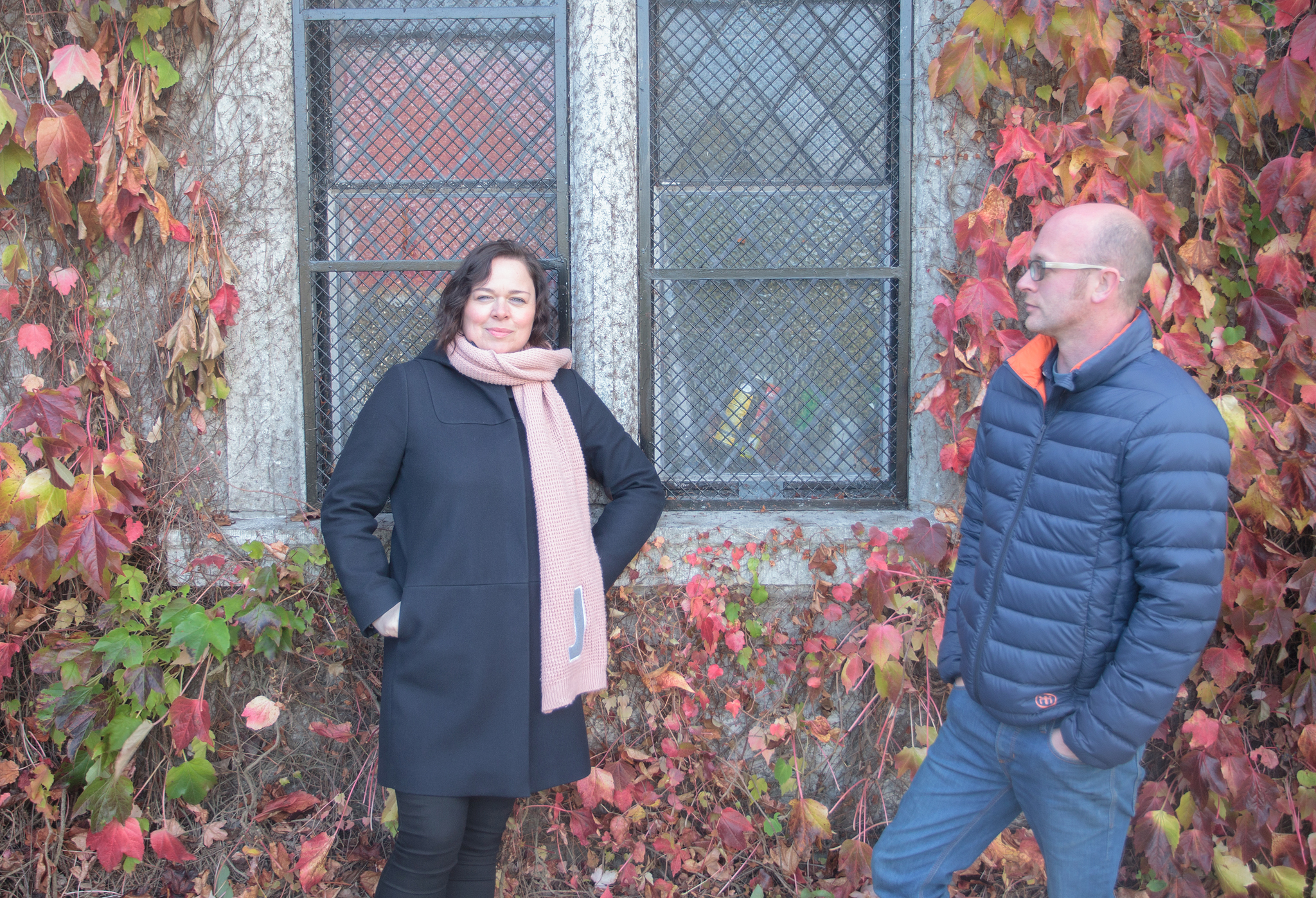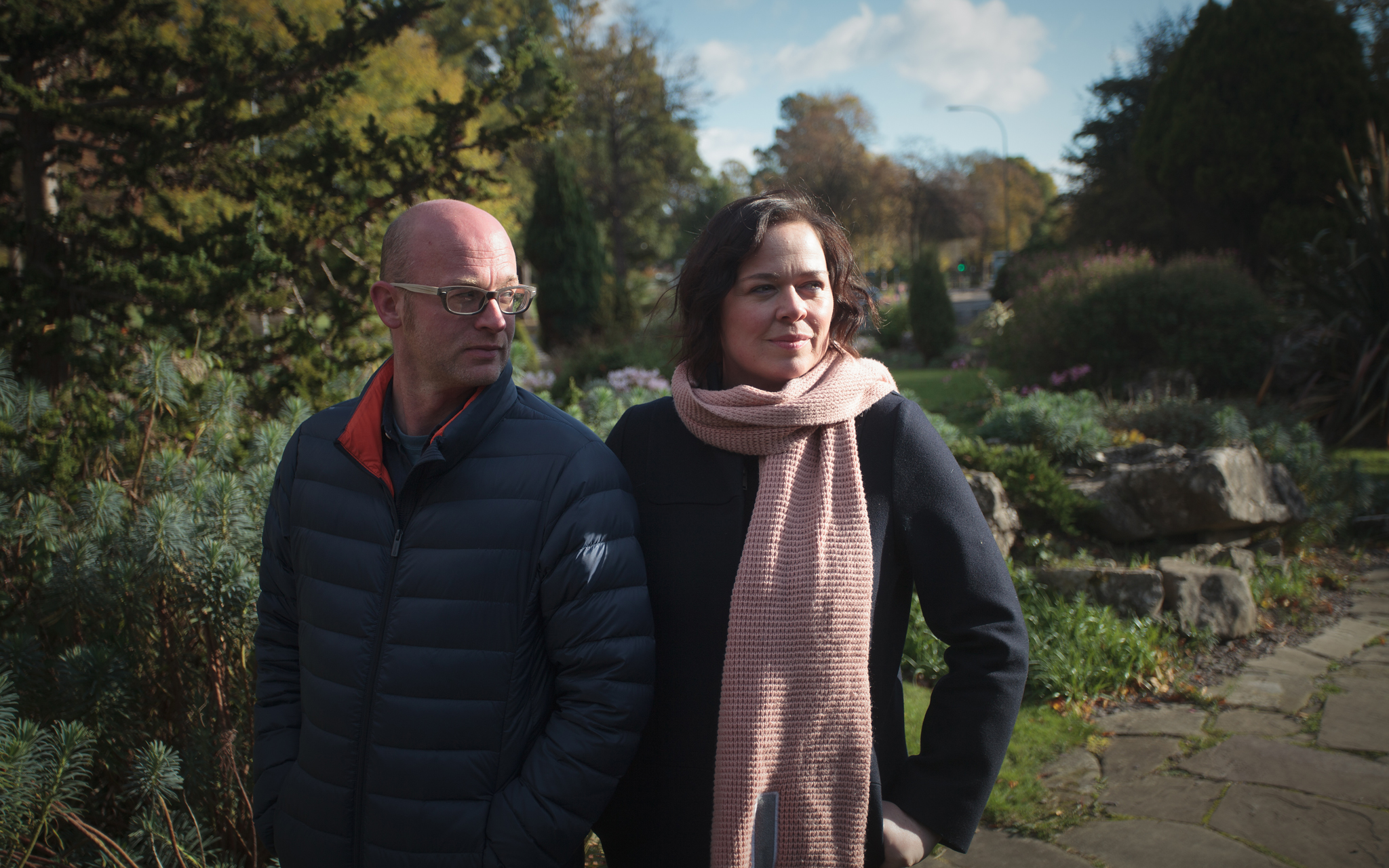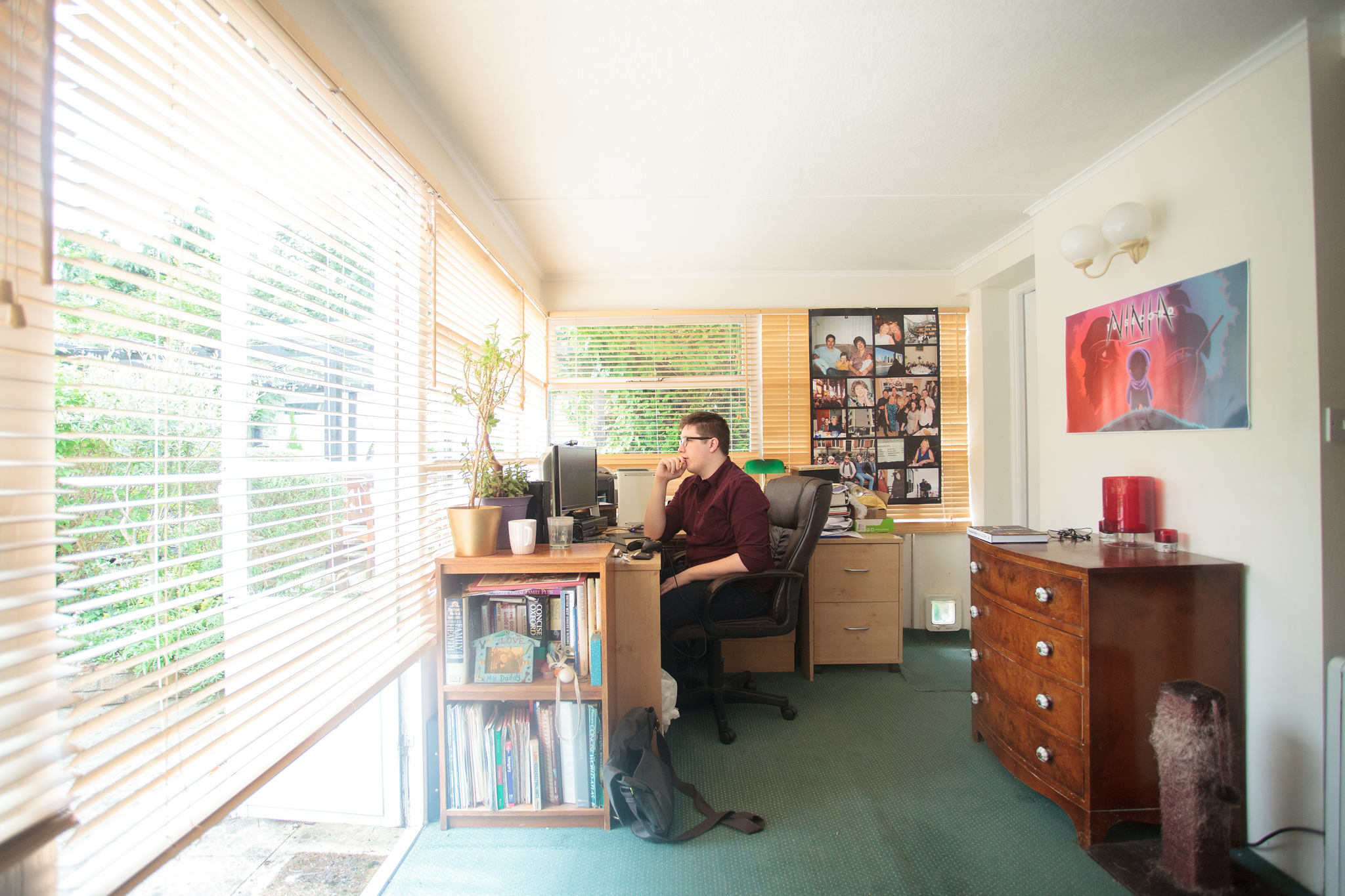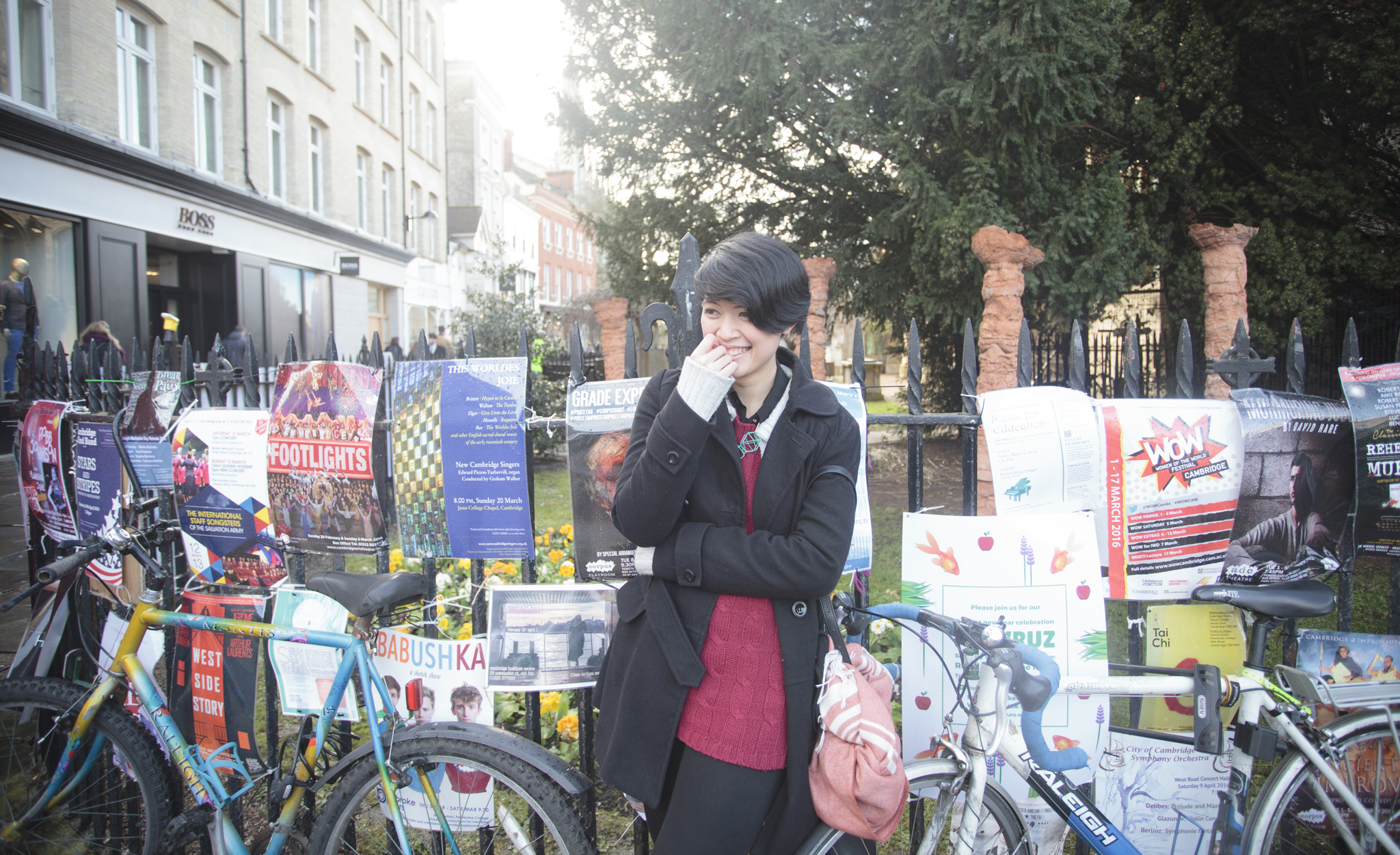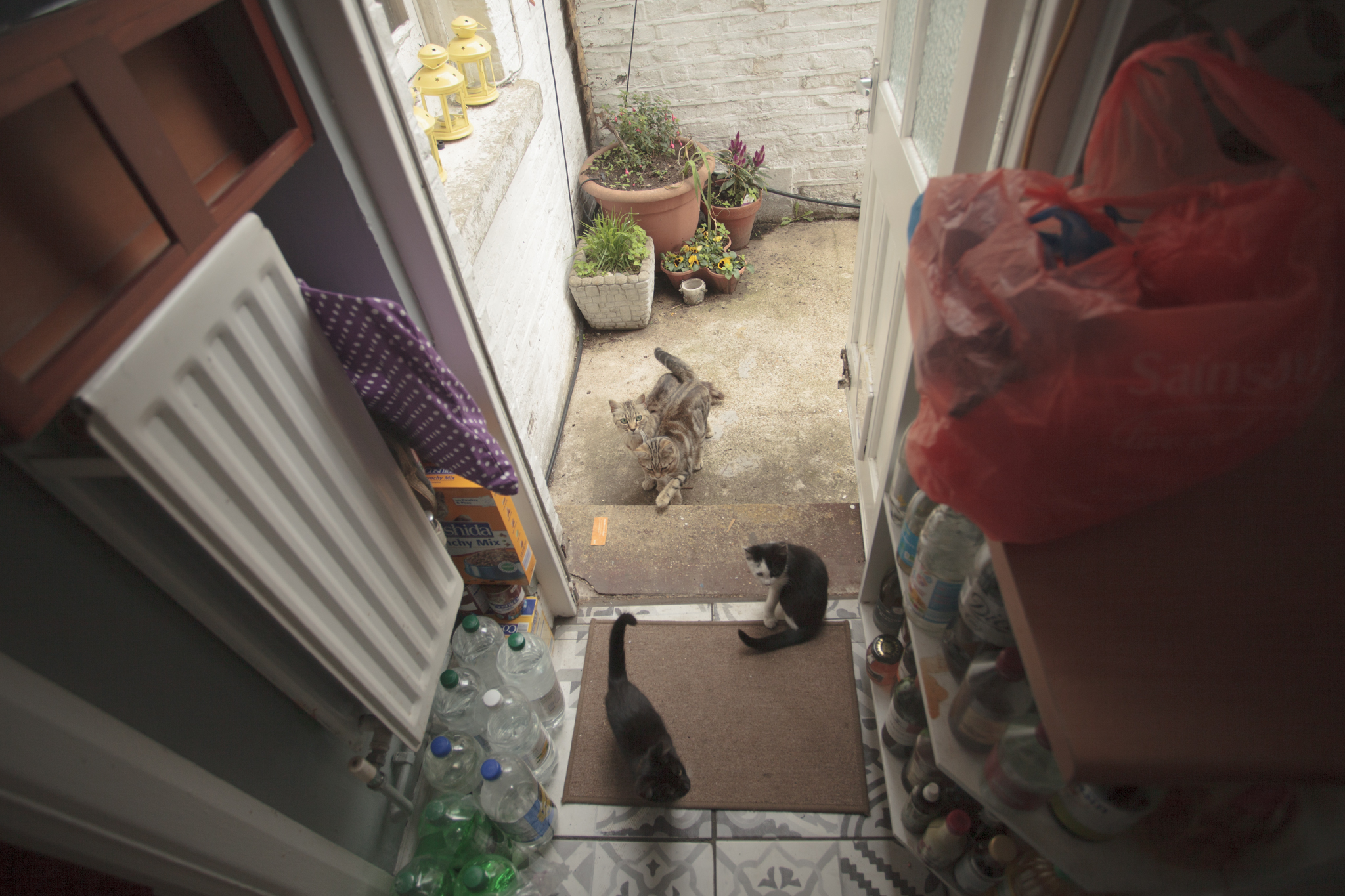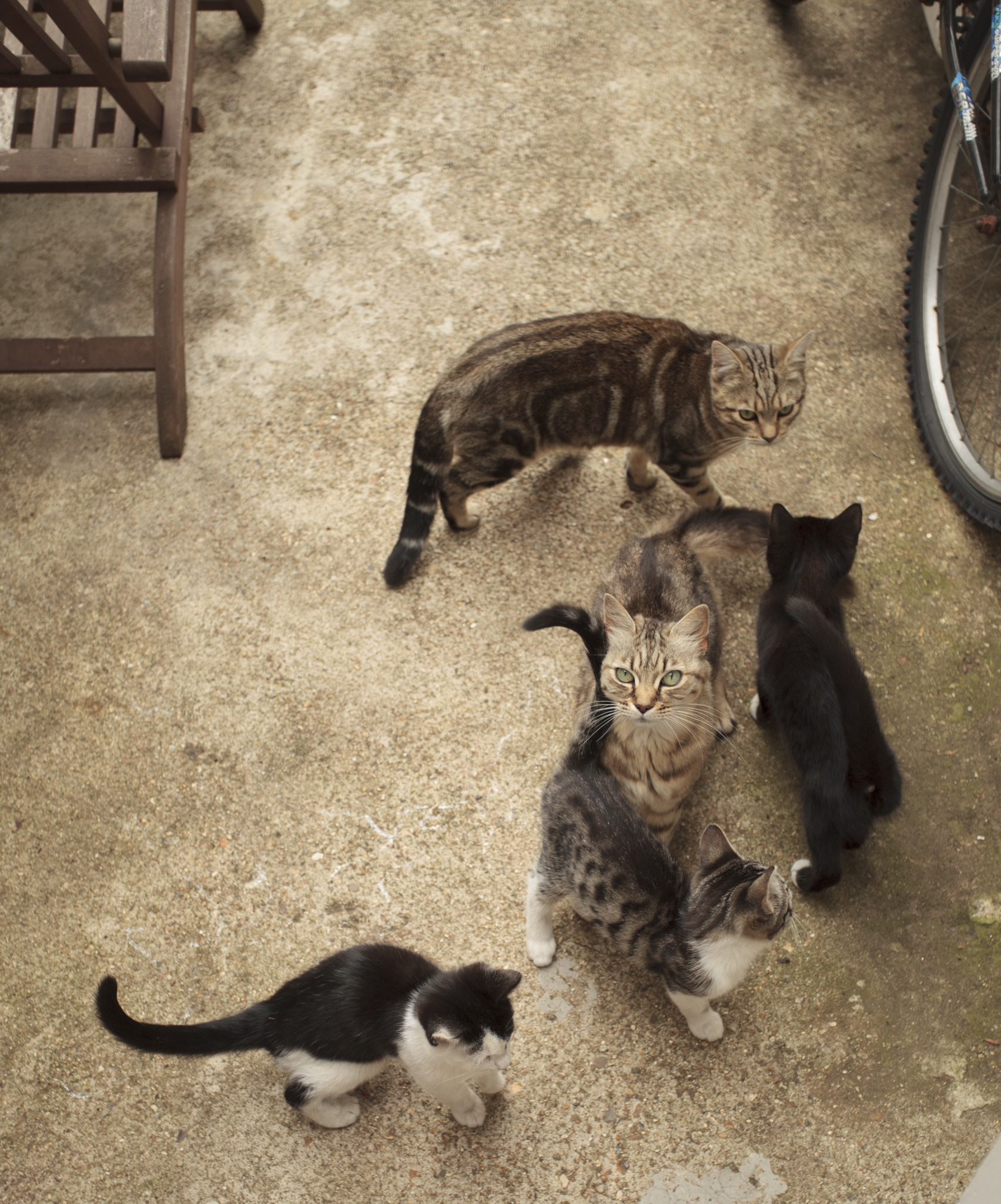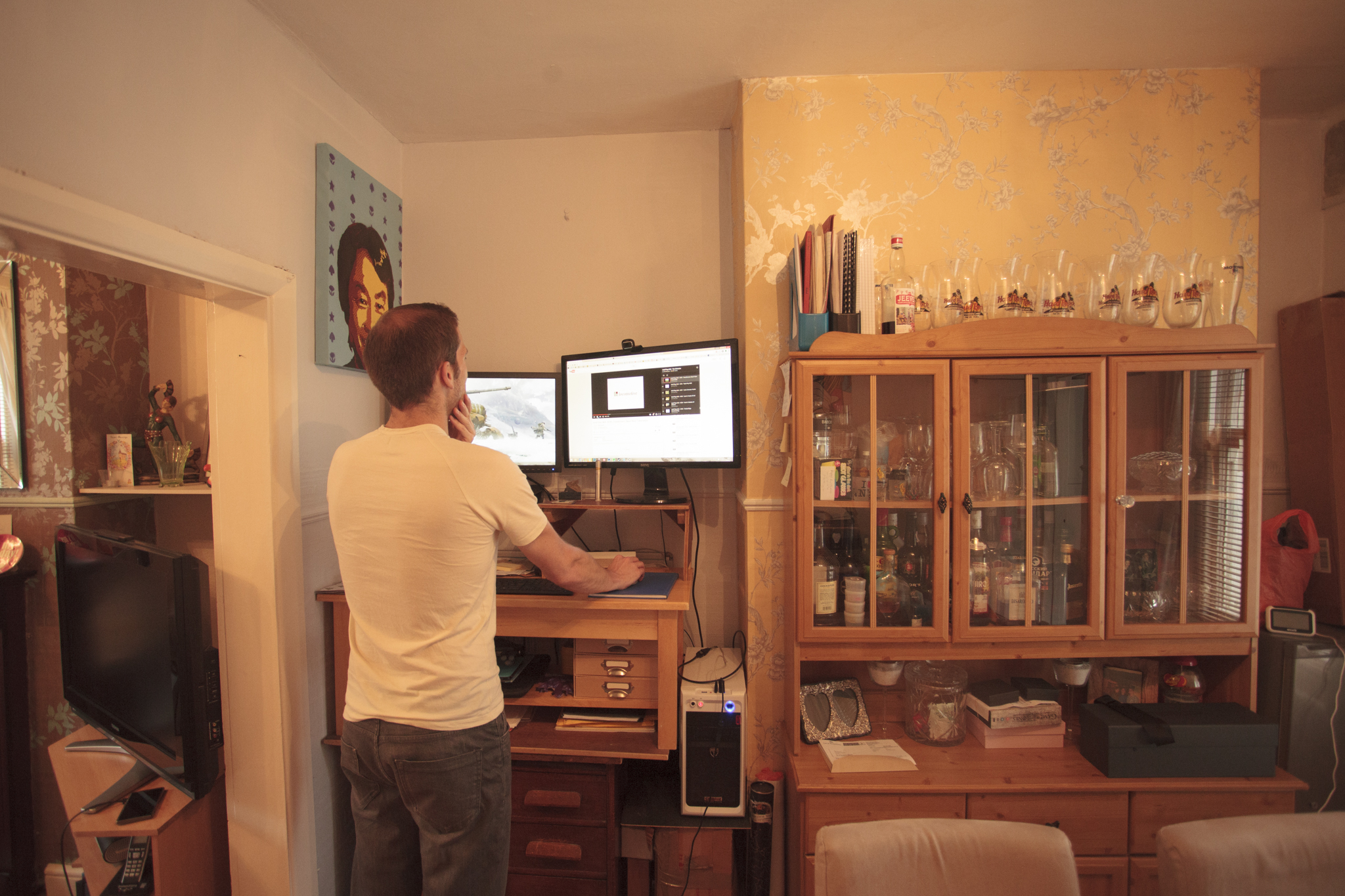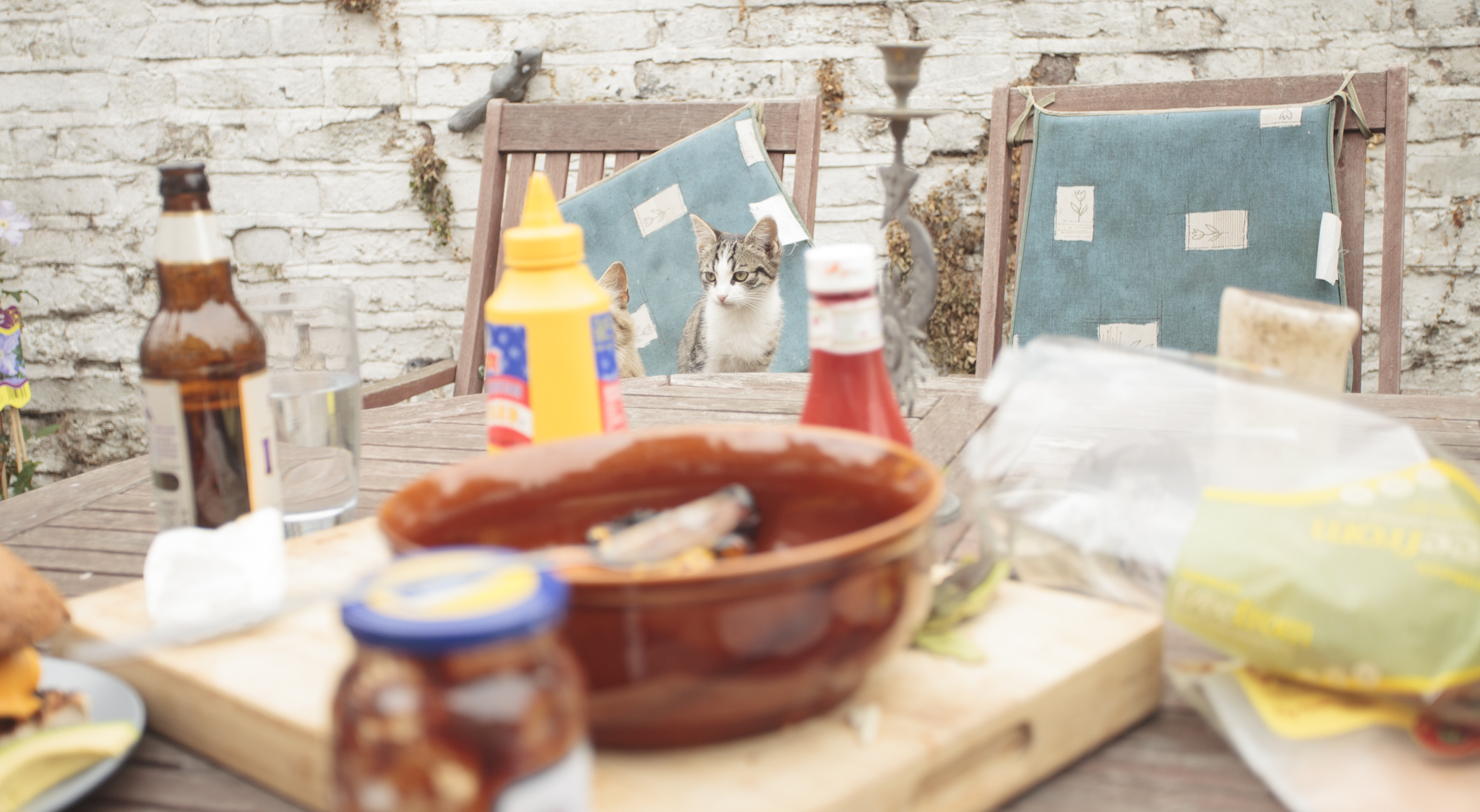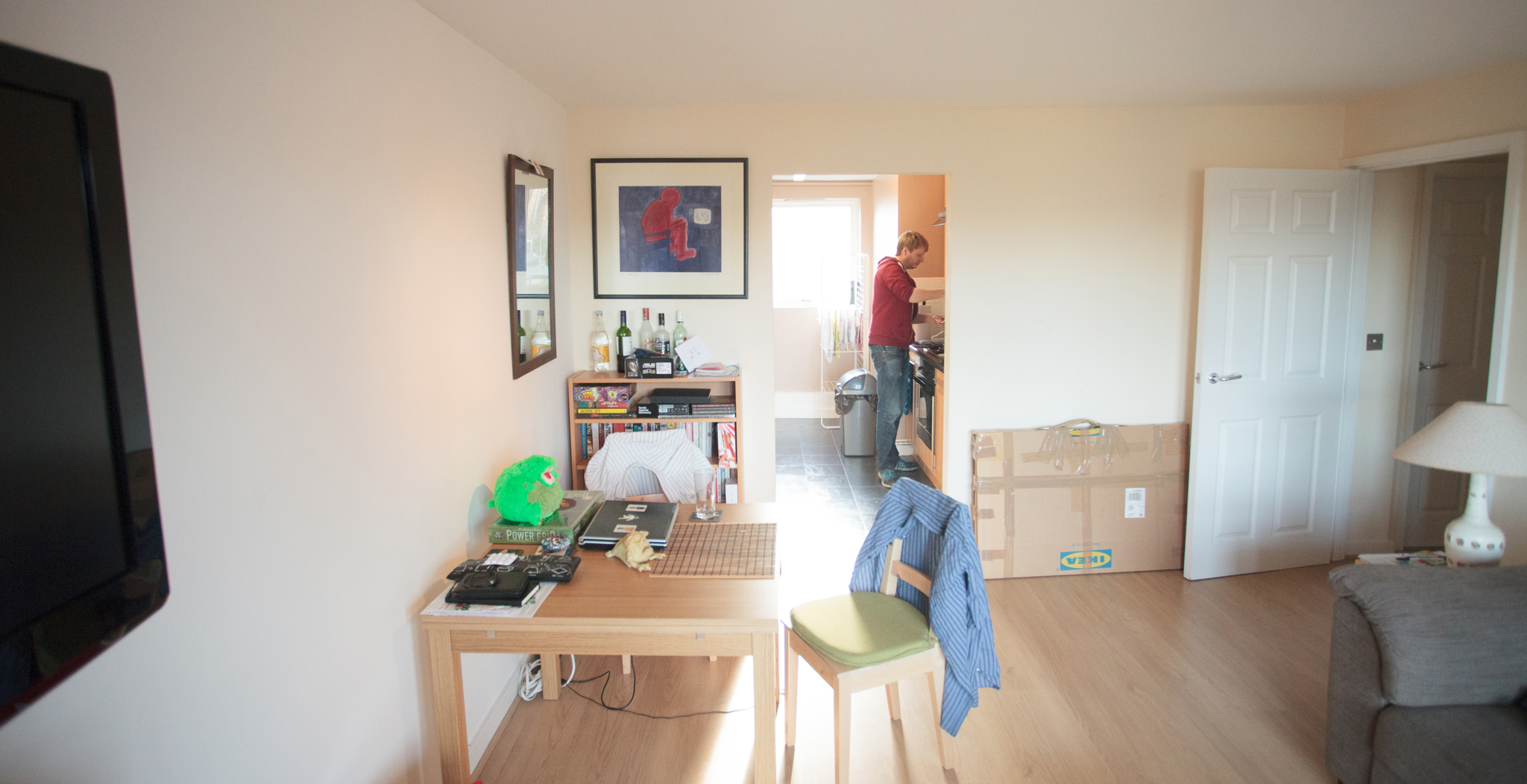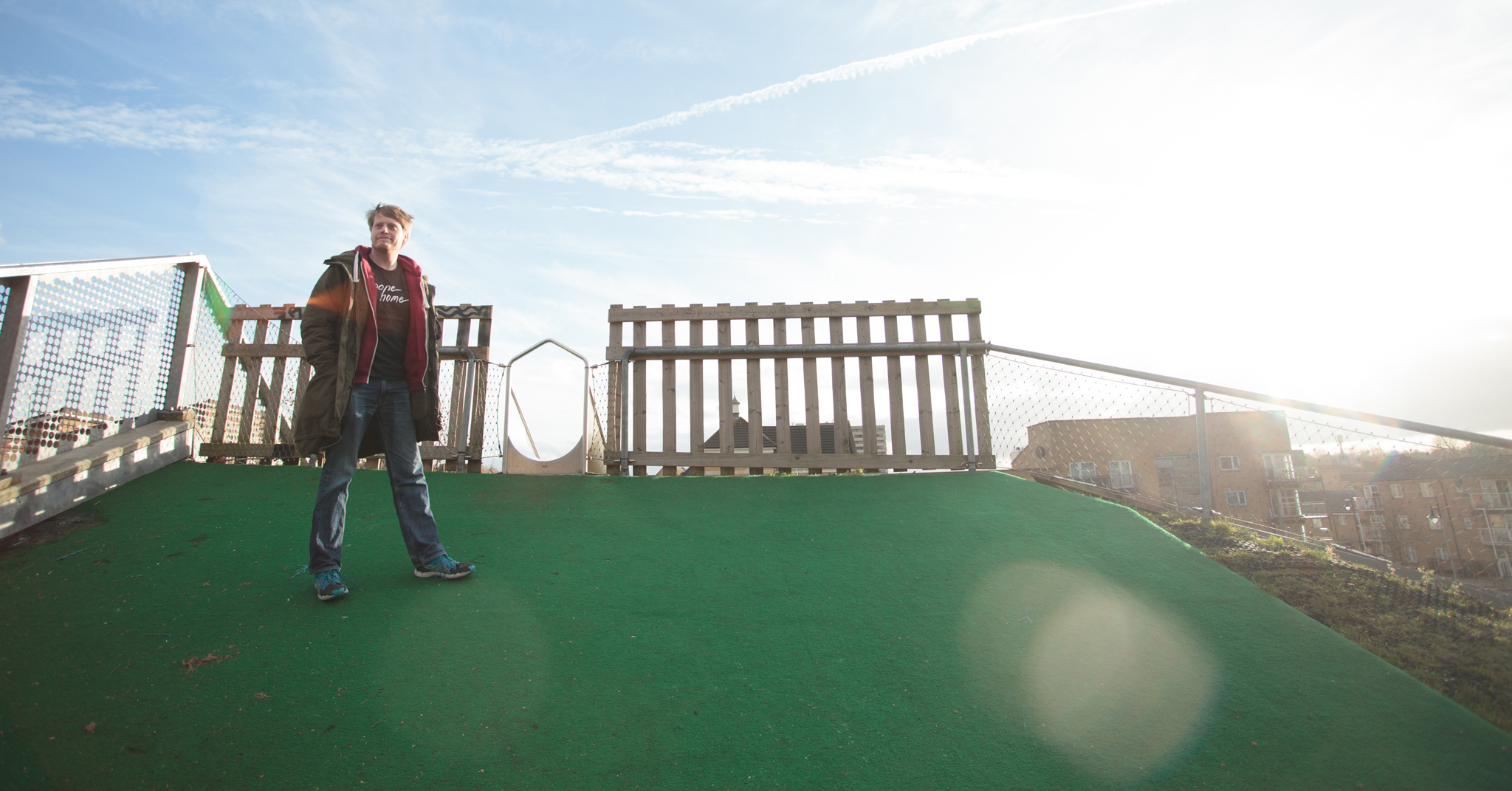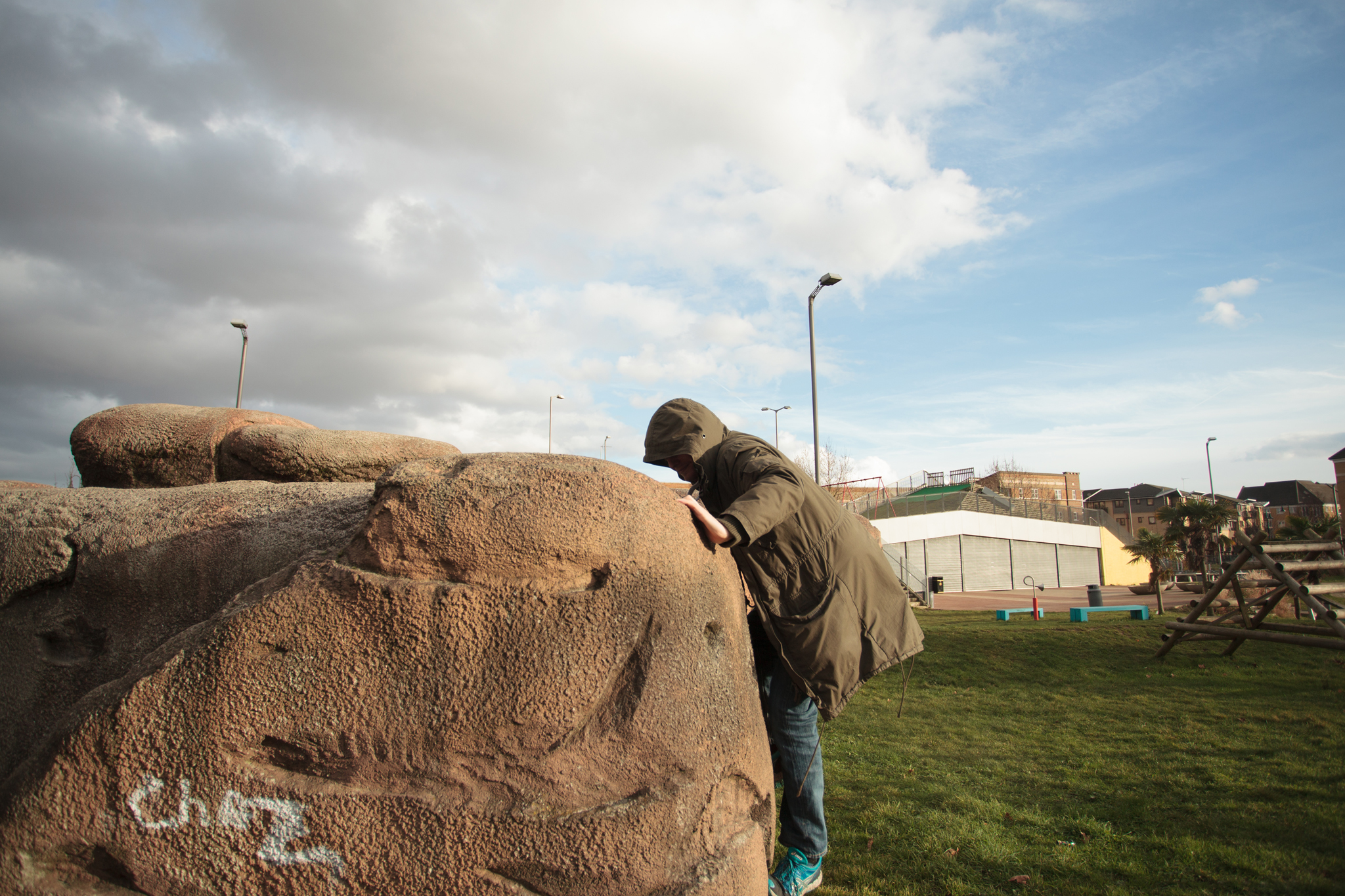Tango Fiesta is Spilt Milk's third game and their first time using Early Access. "We wanted to do Early Access to learn", Andrew tells me. "At the time...it was still seen as a way for a game to get out and get some really useful feedback, generate some kind of community around it, some buzz and then, basically, make a better game as a result. For various reasons it didn't quite work out exactly as expected, and that's fine because we've learnt from it and that was the whole point."
The initial spark of debate around Early Access has dampened since its introduction back in 2013. At the time, it was unexplored territory for all involved, making villains of some and champions of others. Discussion was often centred around customer interaction and community management. Communicating well with customers, listening to complaints and transparency have been key to the success of many Early Access games.
Andrew discovered that, broadly speaking, the community response was a more pleasant one than he had expected. "We were expecting a lot of people with a lot of demands - 'we want to see this in the game' - and actually what happened was people just played it, had fun with it and complained about what was broken rather than what wasn't in it".
Andrew feels he is a little more thick-skinned than others when it comes to handling 'Furious Internet Feedback' aimed at the game; inflammatory Steam reviews were often resolved with simple, friendly enquiries into the specific problem the aggrieved was having with the game.
"You ignore the anger, you know, and just engage with their point and almost every single time, their second response is much more reasoned; you get to the actual issue and they end up really appreciating you for having treated them like a person. They become a fan when initially you thought maybe they would be the opposite".
"If someone's angry enough about one little thing in your game to come and post about it, it means that they probably quite like the other bits. They're not going to be angry because it's objectively a bad thing, they're going to be angry because it's spoiling something and it can only be spoiled if it's good, or potentially good".
Despite the positive experiences from taking a game through Early Access, Andrew feels that Spilt Milk are finished with that model of development for the foreseeable future. "One of the key things we learned is we probably wouldn't do it again with a game like this...it's a bit glib but unless your game is about surviving or crafting, you're probably limiting the success you can have in early access".
Although slightly tongue-in-cheek, Andrew makes a good point: Early Access has moved on significantly since its inception, and the novelty of playing the game early has given way to a model driven by community expectations. People want to be treated to regular new additions as well as more heavily influence the direction of new content and features.
It's fair to say that making games has always been what Andrew has wanted to do. Starting with a degree in Computer Arts at the University of Abertay in Dundee, back when only three videogames related courses existed, Andrew went on to get a junior designer role at Visual Science. He then moved on to Realtime Worlds for a brief period but found he clashed with the corporate culture:
"The straw that broke the camel's back was when I got an email from the producer, who sat [a couple of metres away] telling me to stop laughing," he tells me. This prompted a move to Proper Games, a company founded by ex members of Visual Science. Once that grew too large, however, he decided to leave and create Spilt Milk Studios. He was back to the environment he loved; small teams where you are afforded a lot of creative and meaningful input on a game from the start.









